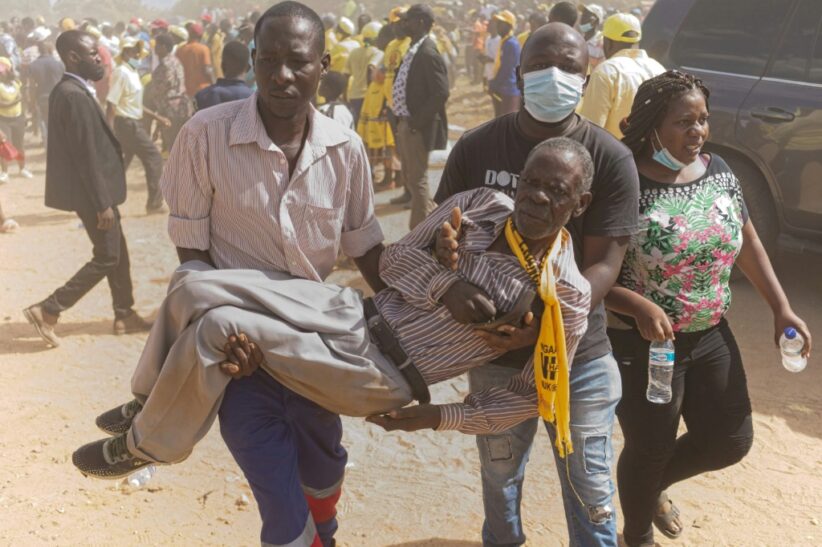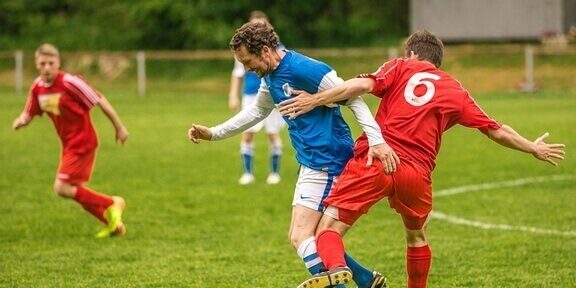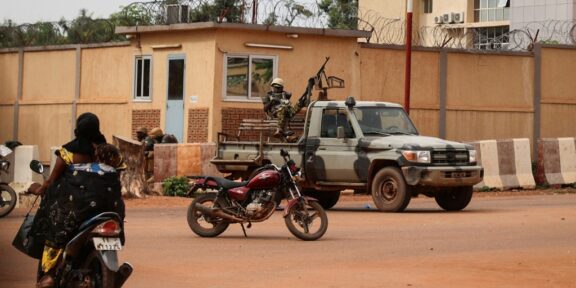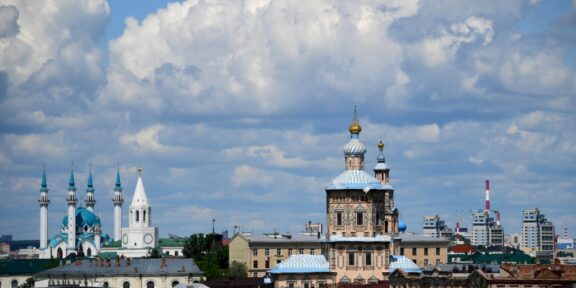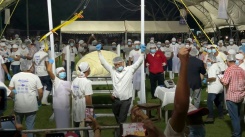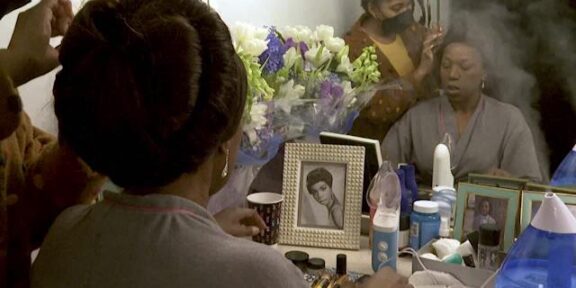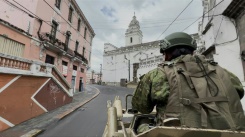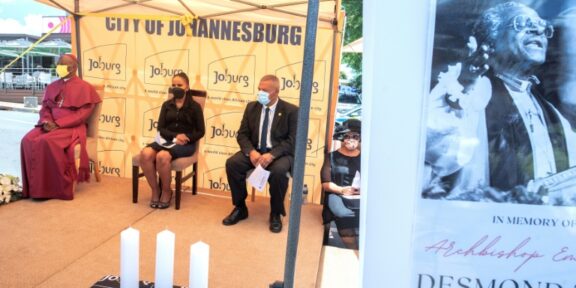At least one Zimbabwean opposition activist was killed and 17 others were hospitalised on Sunday after violence broke out during a rally, the Citizens Coalition for Change (CCC) announced.
However, a police spokesperson could not be reached immediately to confirm the claim.
Thousands of activists had gathered in the central city of Kwekwe to listen to a speech by party leader Nelson Chamisa, the main opponent of President Emmerson Mnangagwa and his ZANU-PF party, in power since independence, according to an AFP photographer.
More than a dozen men, suspected of being ZANU-PF militants, got out of a pick-up truck and initiated violence on the sidelines of the rally, noted the photographer, claiming that an elderly gentleman had his leg broken in a stampede.
Footage circulating on social media showed them throwing rocks at the crowd. Witnesses also said they used iron bars and machetes to attack CCC members.
The clashes continued, forcing Chamisa to interrupt his speech, a month before by-elections perceived as a test poll ahead of next year’s general elections.
The local Red Cross has also taken care of dozens of injured activists.
The events come a day after the country’s vice president Constantino Chiwenga said the ruling party would “crush” the opposition, fuelling fears of a new wave of state-sponsored violence.
On Saturday, the police used violence to disperse hundreds of opponents in Gokwe, some 140 kilometres (87 miles) away from Kwekwe, on the pretext that they lacked the personnel to supervise the rally properly.
“We condemn the unbridled violence,” CCC spokeswoman Fadzayi Mahere told AFP on Sunday.
“We demand an end to the political persecution and incitement of senior ZANU leaders who threatened that they will ‘crush CCC like lice’. This is not acceptable in a democracy.”
President Mnangagwa, successor in 2017 to Robert Mugabe who reigned with an iron fist for 37 years, is often accused of wanting to muzzle any opposition.

